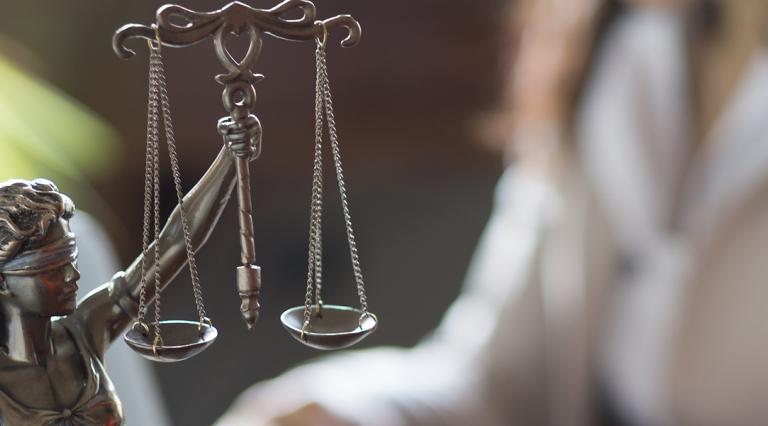Unraveling the Legal Framework
The realm of criminal justice encompasses a multifaceted legal framework designed to uphold societal order and administer justice. Rooted in principles of fairness and accountability, this framework encompasses various branches, including law enforcement, judiciary, and corrections, each playing a distinct yet interconnected role in the pursuit of justice.

Understanding Law Enforcement
Law enforcement represents the frontline of the criminal justice system, tasked with maintaining public safety and enforcing laws. From local police departments to federal agencies, law enforcement entities employ a diverse array of tactics and strategies to investigate crimes, apprehend suspects, and uphold community security.
Navigating Legal Proceedings
Central to the criminal justice process is the judiciary, which oversees legal proceedings and adjudicates cases in accordance with established laws and statutes. Courts at various levels, including trial courts, appellate courts, and supreme courts, play a pivotal role in ensuring due process and safeguarding the rights of both victims and defendants.
Delving into Criminal Law
At the heart of the criminal justice system lies criminal law, a complex body of legal principles and statutes governing prohibited conduct and its consequences. Defined by statutes enacted by legislative bodies, criminal law delineates offenses, establishes penalties, and outlines procedural safeguards to ensure the fair and equitable administration of justice.
Examining Legal Principles
Key legal principles underpinning criminal law include the presumption of innocence, burden of proof, and the right to a fair trial. These principles serve as cornerstones of due process, guaranteeing defendants fundamental rights and protections throughout the criminal justice process.
Pursuing Justice through Prosecution
Prosecution represents the process by which alleged offenders are formally charged with criminal offenses and brought to trial. Prosecutors, acting on behalf of the government, bear the responsibility of presenting evidence, proving guilt beyond a reasonable doubt, and advocating for justice on behalf of victims and society at large.
Ensuring Legal Representation
Integral to the integrity of the criminal justice system is the right to legal representation. Defendants are afforded the right to competent legal counsel, whether through court-appointed attorneys or private representation, to ensure a fair trial and safeguard their constitutional rights throughout legal proceedings.
Examining Sentencing and Corrections
Upon conviction, offenders may face sentencing, wherein courts impose penalties commensurate with the severity of the crime and the culpability of the defendant. Sentencing aims to achieve deterrence, rehabilitation, and societal protection while also considering mitigating factors and alternative sentencing options.
Rehabilitation and Reintegration
Central to the philosophy of criminal justice is the concept of rehabilitation, which emphasizes the reformation of offenders through educational, vocational, and therapeutic interventions. Rehabilitation programs aim to address underlying factors contributing to criminal behavior and facilitate the successful reintegration of individuals into society upon release from incarceration.
Embracing Restorative Justice
In recent years, restorative justice has emerged as an alternative approach to traditional punitive measures, emphasizing healing, reconciliation, and community involvement. Restorative justice processes provide victims, offenders, and communities with opportunities for dialogue, accountability, and restitution, fostering a sense of closure and empowerment for all parties involved.
Addressing Systemic Challenges
While the criminal justice system strives for fairness and equity, it grapples with systemic challenges, including racial disparities, socioeconomic inequalities, and access to justice issues. Efforts to reform and improve the system are ongoing, encompassing initiatives aimed at promoting transparency, accountability, and equal treatment under the law.
Conclusion
In conclusion, the landscape of criminal justice is characterized by its complexity, diversity, and ongoing evolution. From law enforcement and legal proceedings to sentencing and rehabilitation, each facet of the criminal justice system plays a vital role in upholding the rule of law and ensuring the fair and equitable administration of justice. As society continues to grapple with pressing issues of crime and punishment, the pursuit of justice remains an enduring aspiration, guided by principles of integrity, compassion, and accountability.